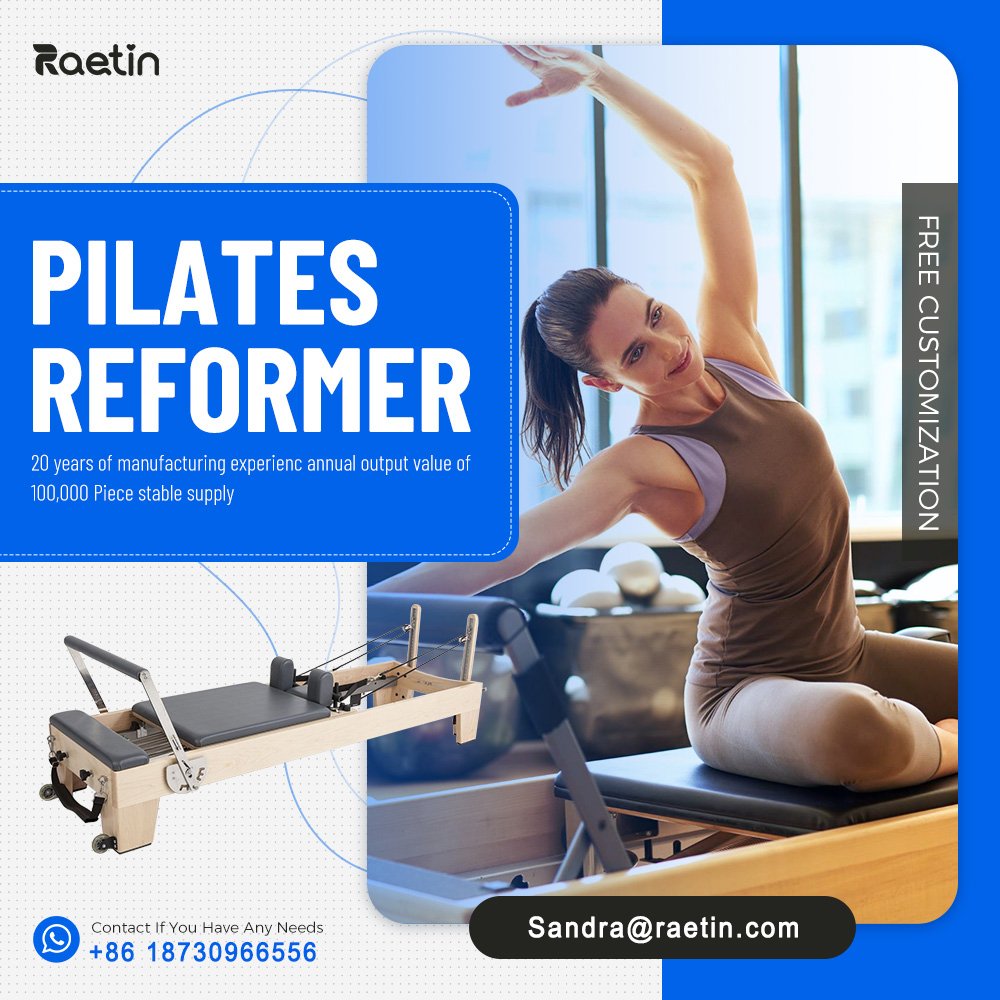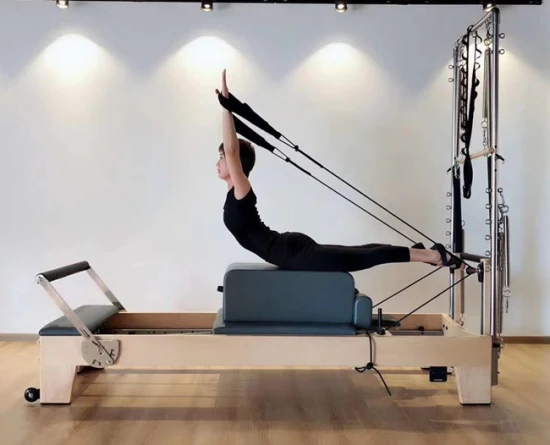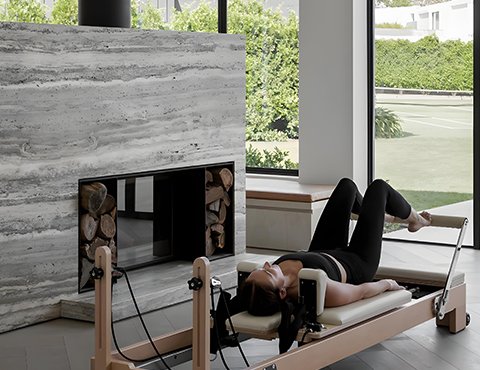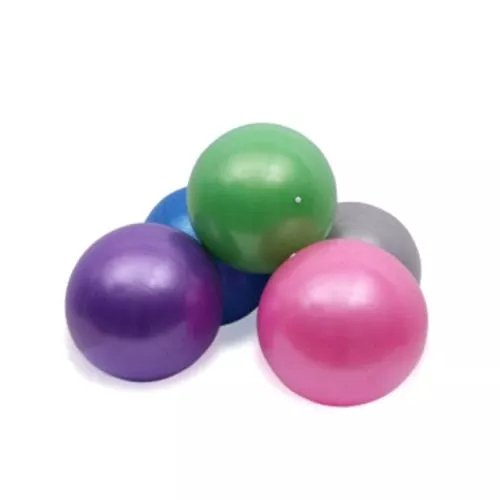
Introduce
In the realm of fitness and wellness, Reformer Pilates and Yoga stand out as popular choices for improving physical health and mental well-being. Both practices offer unique benefits and attract a wide range of enthusiasts, from beginners to seasoned practitioners. This article delves into the comparative aspects of Reformer Pilates and Yoga, aiming to provide clarity on which might be better suited for different individuals based on their goals, preferences, and lifestyle.
Understanding Reformer Pilates
Reformer Pilates, rooted in the teachings of Joseph Pilates, emphasizes strength, flexibility, and alignment through controlled movements performed on a specialized machine known as the Reformer. Originating in the early 20th century, Reformer Pilates has evolved into a structured system of exercises designed to improve core strength, posture, and overall body awareness. The Reformer machine, equipped with springs and a moving carriage, adds resistance to movements, enhancing muscle engagement and promoting lean muscle development.
Benefits of Reformer Pilates
Reformer Pilates offers numerous benefits:
Strength and Muscle Tone
The resistance provided by the Reformer machine helps build lean muscle and improves overall strength.
Flexibility and Range of Motion
Through controlled movements and stretches, Reformer Pilates enhances flexibility and joint mobility.
Posture and Alignment
Emphasis on proper alignment during exercises promotes better posture and reduces the risk of injuries.
Core Stability
Core muscles, including the abdominals and lower back, are strengthened, leading to improved stability and balance.
Mind-Body Connection
Focus on breath control and precise movements fosters mindfulness and reduces stress levels.
Exploring Yoga
Yoga, originating thousands of years ago in ancient India, encompasses a diverse range of practices that integrate physical postures (asanas), breath control (pranayama), meditation, and philosophical teachings. Yoga aims to harmonize the body, mind, and spirit, promoting holistic well-being and inner peace. From dynamic forms like Vinyasa and Ashtanga to more meditative practices such as Yin and Kundalini Yoga, each style offers unique benefits suited to different needs and preferences.
Benefits of Yoga
Yoga provides multifaceted benefits:
Asanas improve strength, flexibility, and cardiovascular health.
Mindful breathing and meditation techniques help alleviate stress and promote relaxation.
Yoga enhances concentration, mental focus, and emotional resilience.
Philosophical teachings and meditation practices deepen spiritual awareness and connection.
Health Benefits Comparison
When comparing the health benefits of Reformer Pilates and Yoga, both practices contribute significantly to overall well-being but emphasize different aspects of fitness and wellness. Reformer Pilates excels in building muscular strength, improving posture, and enhancing core stability. Its structured approach and use of equipment provide targeted resistance training, making it ideal for individuals seeking physical strength and muscle tone.
In contrast, Yoga offers a holistic approach to fitness, integrating physical, mental, and spiritual elements. It promotes flexibility, stress reduction, and inner peace through a combination of asanas, pranayama, and meditation. Yoga’s emphasis on mindfulness and breath awareness fosters a deep mind-body connection, making it beneficial for those seeking stress relief, mental clarity, and spiritual growth.
Accessibility and Suitability
Accessibility plays a crucial role in determining the suitability of Reformer Pilates and Yoga for different individuals. Reformer Pilates often requires access to specialized equipment and trained instructors, typically found in Pilates studios or fitness centers. While initial guidance is recommended to learn proper technique and form, Reformer Pilates can be adapted to accommodate various fitness levels and physical conditions.
Yoga, on the other hand, offers greater accessibility with a wide range of classes available in yoga studios, community centers, and online platforms. Many yoga practices can be modified to suit beginners or those with specific health concerns, making it accessible to individuals of all ages and fitness backgrounds. Home practice options further enhance accessibility, allowing practitioners to incorporate yoga into their daily routines.
Lifestyle Integration and Practicality
Integrating Reformer Pilates or Yoga into one’s lifestyle depends on personal preferences, time commitments, and practical considerations. Reformer Pilates sessions typically last 45 to 60 minutes and may require scheduling classes at a studio equipped with Reformer machines. Regular practice enhances physical fitness and posture but may involve higher costs associated with studio memberships or private sessions.
Yoga offers greater flexibility in terms of practice settings and time commitment. From quick morning flows to longer, meditative sessions, yoga adapts to varying schedules and preferences. Home practice options, guided videos, and online classes provide convenient alternatives for integrating yoga into daily life without the need for specialized equipment. Yoga’s emphasis on self-awareness and mindfulness encourages regular practice as a form of self-care and stress management.
Personal Preferences and Goals
Personal preferences and fitness goals significantly influence the choice between Reformer Pilates and Yoga. Individuals focused on building muscular strength, improving posture, or recovering from injuries may benefit more from Reformer Pilates. Its structured exercises and use of equipment provide targeted resistance training and rehabilitation benefits under the guidance of qualified instructors.
Conversely, those prioritizing stress reduction, mental clarity, and overall well-being may find Yoga more appealing. Yoga’s diverse practices cater to different needs, whether seeking physical fitness, emotional balance, or spiritual growth. Personal preferences for movement style, intensity levels, and spiritual aspects often guide individuals in choosing the most suitable yoga practice or style.
Professional Insights and Recommendations
Professional insights from certified instructors and healthcare providers offer valuable perspectives on the benefits and suitability of Reformer Pilates and Yoga. Pilates instructors emphasize the importance of proper alignment, core engagement, and gradual progression in Reformer Pilates practice. They recommend starting with introductory sessions to learn foundational movements and equipment use before advancing to more challenging exercises.
Yoga instructors highlight the transformative effects of regular practice on physical health, mental clarity, and spiritual growth. They encourage beginners to explore different yoga styles and classes to find a practice that resonates with their preferences and goals. Integration of breath work (pranayama) and meditation enhances the mind-body connection, supporting overall well-being and stress management.
In Conclusion
In conclusion, the question of whether Reformer Pilates or Yoga is better depends on individual preferences, fitness goals, and lifestyle considerations. Reformer Pilates excels in building muscular strength, improving posture, and enhancing core stability through structured exercises on specialized equipment. Yoga offers a holistic approach to fitness, promoting flexibility, stress reduction, and spiritual growth through asanas, meditation, and breath work.
Both Reformer Pilates and Yoga contribute significantly to physical health and mental well-being, each offering unique benefits suited to different individuals. Ultimately, the choice between Reformer Pilates and Yoga depends on personal preferences for movement style, fitness goals, accessibility, and integration into daily life. Exploring both practices allows individuals to discover which aligns best with their needs for achieving overall wellness and vitality.









